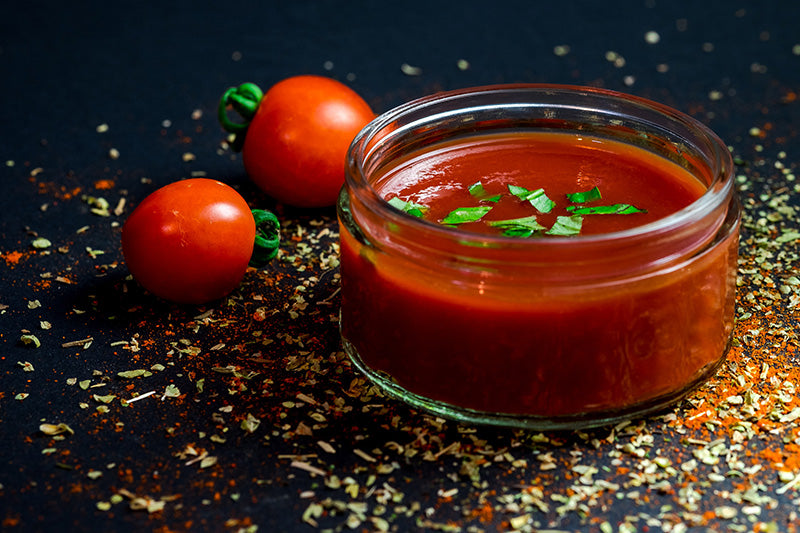By Michael Jenkins

For many of us, summer is a time of plenty! Our gardens are producing so many wonderful veggies that they seem to be endless in number. And while it’s fun to use fresh vegetables for daily meals and as gifts for friends and neighbors, there are ways to preserve them for later use. While you have a number of options for preserving the bounty of your summer garden, freezing is in many ways the most convenient and easiest with which to get started. In fact, you most likely have everything you need to get started freezing garden vegetables! Let’s look at how best to go about freezing your garden veggies, which veggies you can and can’t freeze, and how to use them later.
The basic process for freezing garden vegetables is pretty simple, but not as simple as just popping them into the freezer. Doing that will lead to mushy vegetables when they’re thawed, which aren’t very appetizing to cook with. A better approach for most vegetables and greens is to blanch them first, and then freeze them in an appropriate container. So, what’s blanching? Blanching involves quickly scalding the veggies in boiling water and then quickly cooling them in running water or an ice bath. This flash-cooking helps preserve color and taste by stopping or slowing enzymes that can create off-putting colors, textures, or flavors in frozen veggies. The basic process works like this:
- Fill a large pot with water and place on stove-top. You’ll need roughly 1 gallon/4 liters of water for every 1 pound/450 grams of food. Bring water to boil. Be careful around boiling water—a spill can result in injury!
- Cube the veggies, if necessary, and add them to the boiling water for the time specified in this chart. Start timing as soon as you add the garden vegetables to the boiling water.
- Fill your sink or a large bowl with ice water. When the blanching time is complete, remove the veggies with a slotted spoon and plunge them into the ice bath immediately. Let them cool for the same amount of time they were in the boiling water.
- At the end of that time, remove the veggies from the ice bath and drain them in a colander or sieve.
- When veggies have drained, place them in a freezer-safe container and remove as much air as possible. Place the container with the veggies directly in the freezer.
It really is that simple! While there’s a bit of setup and cleanup, it’s fairly easy to follow the right steps and get a great result. There are a couple of remaining things to go over, however.
- Use the right container for best results. You can freeze in just about any freezer-safe container, but plastic freezer bags are probably easiest for most things. Freezer bags are zip-sealed bags that are thicker and more resistant to air and moisture, helping your frozen veggies last longer. If freezing in glass jars, make sure to leave enough room for any liquids to expand, otherwise the jar may break in the freezer!
- Be sure to label your containers with the contents and the date on which you froze them! Frozen foods last a long time, but they don’t last forever. Try to use up frozen fruits and veggies within 8-12 months of freezing. Make sure to use up older stock first, and when in doubt, throw it out!
- While freezing is a great way to preserve veggies, some just don’t take well to it. Most varietals of tomatoes don’t freeze well in their natural state. To freeze tomatoes, process them into sauce using your favorite recipe and freeze that instead. Likewise, some lighter greens like lettuce just turn to mush when frozen. Consult the link above for best freezing times and ideas, and remember that as with all things there’s some level of personal experimentation here!

- Remember that cooking with frozen veggies is a bit different than cooking with fresh or canned vegetables. It’s generally best to cook with frozen veggies from a frozen state, without thawing them first. Fruit, by contrast, should generally be thawed overnight in the fridge before using.
Freezing your summer vegetables is a wonderful way to stay connected to your garden all year by enjoying the flavors of the past season even in winter. With a little effort and planning, you’ll find just how easy freezing your garden vegetables can be. If you’re experienced at freezing veggies, or any other kind of food preservation, reach out and let us know! We’d love for you to share your wisdom with us and the whole Gardzen community!

Leave a comment